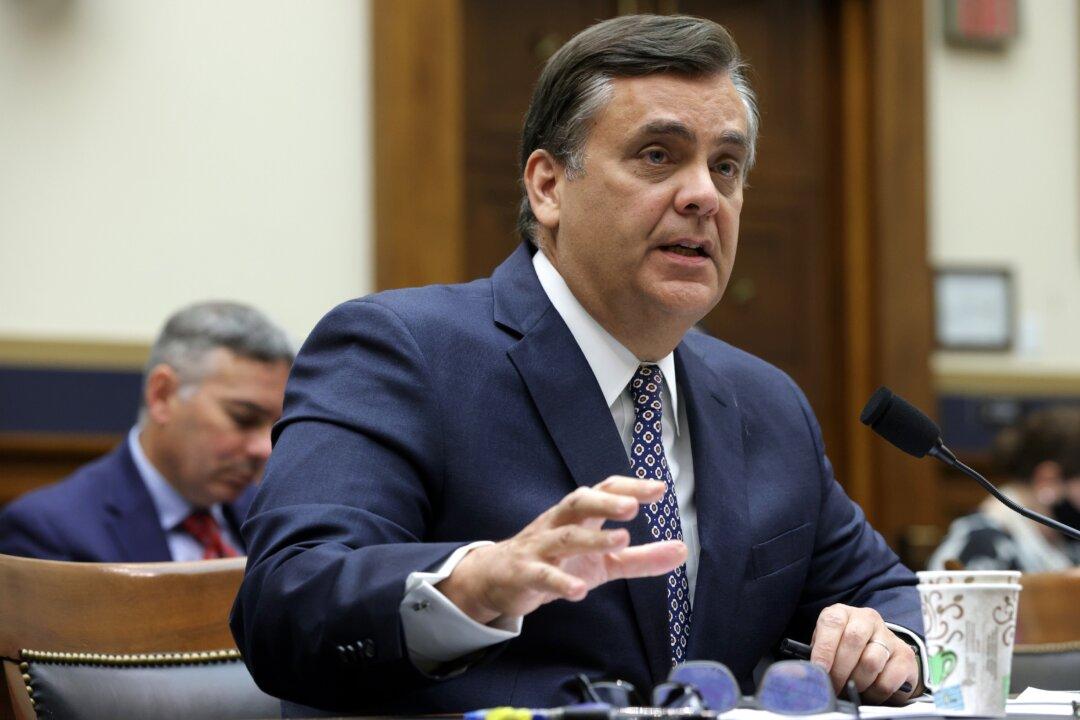A constitutional law scholar argued that special counsel Jack Smith is trying to work quickly to convict former President Donald Trump because he fears the former president will pardon himself if elected in 2024.
On Monday, the special counsel filed a petition with the Supreme Court to decide on whether President Trump is immune from prosecution in the federal election case. The high court responded hours later, ordering President Trump’s lawyers to file a reply to the special counsel’s petition by Dec. 20.





